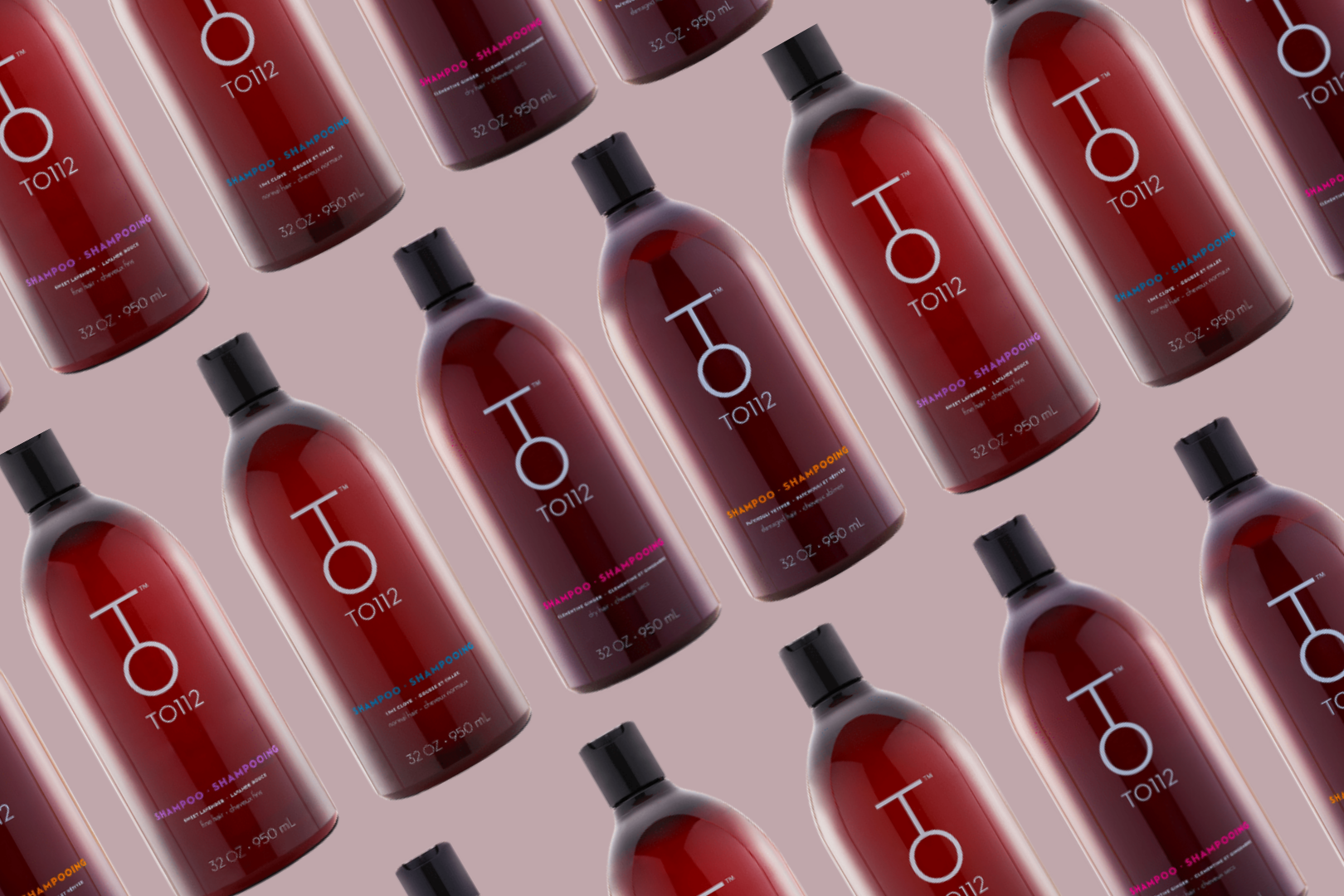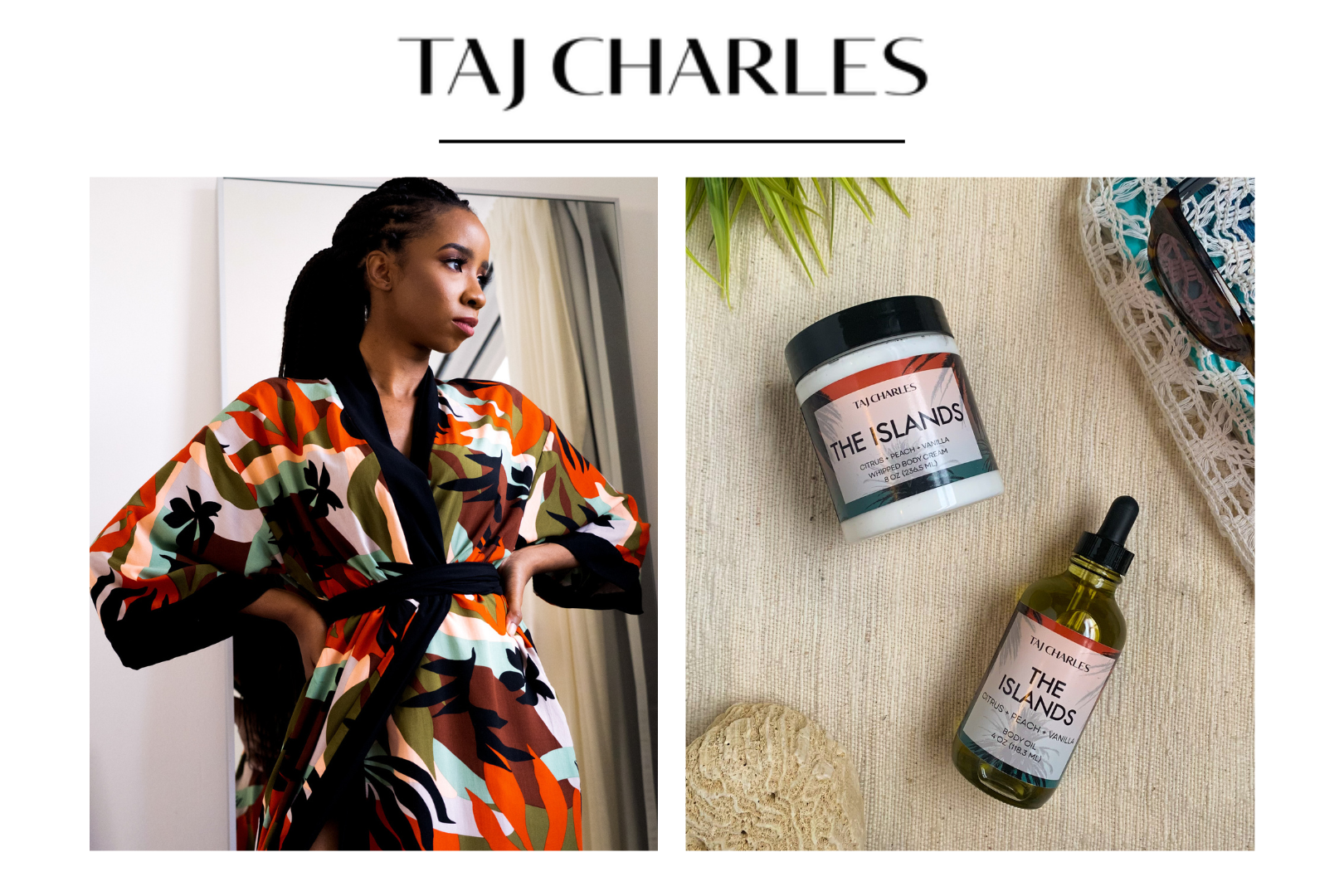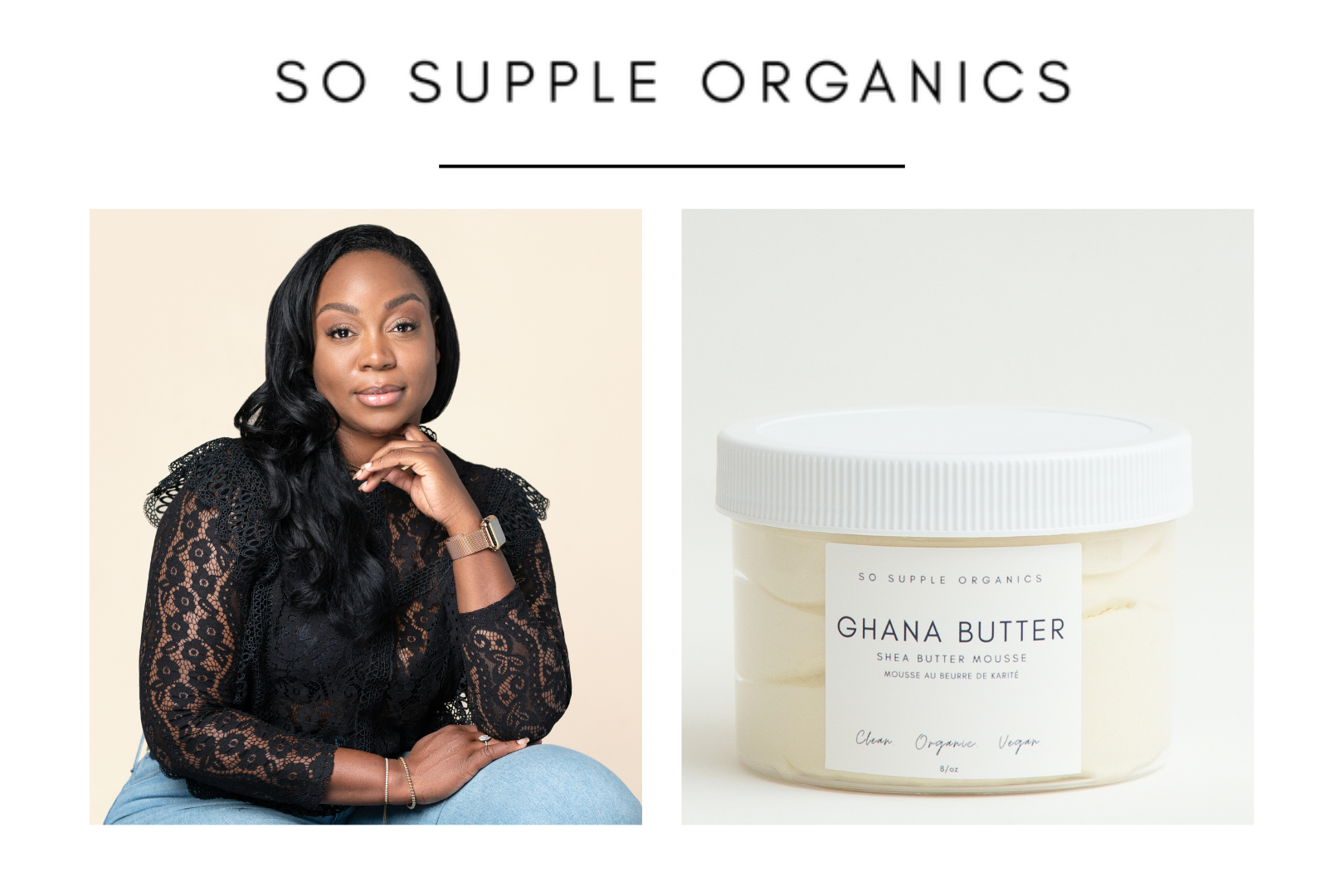How to choose the right shampoo

Shampoo is an essential part of your routine for keeping your hair healthy and beautiful. However, the wide variety of shampoos on the market can be confusing. You should look for a shampoo that matches your hair and scalp type, as well as one that deals with any problems you may be experiencing— dandruff, hair loss, dull hair, or damaged hair. If the shampoo doesn't suit your hair type, it could make your problem worse. You also want to make sure you scan the ingredients for any harmful chemicals so you know what you're putting on your scalp. In this article we'll help you find the perfect shampoo for your hair through some easy steps.
Get to Know Your Scalp
It is crucial to know your scalp type before choosing a shampoo. Not all shampoos are appropriate for every scalp type. Shampoos are cleaning agents that can remove dirt, oil, and product buildup from your hair and scalp. If you have a healthy scalp, you’ll grow healthy hair and it will be easy to maintain your hair. But if your scalp is oily or itchy, selecting the right shampoo for your hair can be hard. So knowing what kind of scalp you have is important when choosing a shampoo.
When you're wondering what shampoo is best for your hair, consider what kind of cleanser your scalp needs. Most shampoos are specially designed to cleanse the roots more deeply than other parts of your hair; if you have an oily scalp, for example, you may want to choose a less moisturizing shampoo. On the other hand, if you have a dry or tight scalp, you need something more moisturizing.
If your scalp feels tight after washing, or if it itches at any time, you may have a dry scalp. An oily scalp may be shinier, and someone with an oily scalp and dandruff can have flakes that appear clumped together. Finally, there's a balanced scalp, which refers to a scalp that's neither dry nor oily. You'll know if your scalp is balanced if it gets oily two to three days after shampooing versus the day after.
Remember that shampoo is for your scalp and roots, while conditioner is for the midlength and ends of your hair. If your scalp is oily and your ends are dry, you should choose a shampoo that's formulated for an oily scalp and use only conditioner to rehydrate your dry ends.
Shampoo Options For Oily Scalp
If your scalp tends to be oily, you're likely familiar with greasy hair, oil stains on pillows, and time spent scraping off residue from your scalp. You've tried everything from washing every day (even twice daily) to allowing days between shampoos to control excess oil production. Here's what to look for, what to avoid and how to get the most out of shampoo for an oily scalp:
- When shopping for shampoo, avoid products that focus on hydrating, moisturizing, smoothing, or good for curly hair (curly hair tends to be dry so shampoos targeting curls are really focusing on moisture). These will probably make your oily scalp even oilier.
- When looking for a shampoo, always be sure to check the product label for words like volumizing, strengthening, or balancing. These types of shampoos will not add any moisture to your scalp and are more effective at removing extra sebum or oil from your scalp.
- You can also solve your oily scalp problem by washing your hair twice in every shower. The double shampoo method washes away excess oil from the scalp and cleanses hair. You’ll notice that it foams up better the second time because the first shampoo did a lot of the heavy lifting to cleanse stubborn oils and buildup.
- A clarifying shampoo can help with super-oily scalp problems, but be careful not to overdo it and dry out your scalp.
- When you shampoo, spend extra time massaging the product into your scalp to ensure a proper cleanse, and rinse your hair and scalp very well to avoid leaving any product behind.
- Be sure not to apply conditioner on your scalp. This is a big one! Apply it only from the middle of the shaft to the ends of your hair. Also, practice good rinsing techniques to get an oil-free and clean scalp.
We have formulated the TO112 Shampoo For Fine Hair & Oily Scalps to specifically address these needs to keep the scalp balanced with natural humectants like honey and almond extracts and keep hair at full volume.
Shampoo Options For Dry Scalp
If you have a dry scalp, you may experience dryness, itching, or flaking. Flaking and hair fall are also common indicators of a dry scalp. It’s important to note that not all flaking is dandruff. Dandruff flakes are bigger, can be tinged yellow, and look oily. Dandruff is a microbial problem caused by yeast and oil buildup you should speak with a pharmacist or doctor to get a medicated shampoo to tend to the fungal overgrowth. Flakes from a dry scalp tend to be smaller, more powdery flakes — and you’re more likely to have dry skin on other areas of the body. Using harsh chemical hair care products, dehydration and weather conditions can make your scalp dry. You should choose a shampoo that specifically treats the dry skin of the scalp and doesn't irritate or make the situation worse. Try these tips when selecting a shampoo:
- You want something that's going to cleanse without stripping away all the moisture from your hair and skin. That means avoiding shampoos with sulfates and parabens.
- Look for a shampoo that will moisturize your scalp. Read shampoo labels and look for words like smoothening, hydrating, or moisturizing. These kinds of shampoos will help add moisture to a dry scalp.
- You should avoid fortifying or volumizing shampoos, they focus on removing access oils from the scalp which can be stripping for people suffering a dry, itchy scalp and make it even more dry.
- Even when your scalp is dry, it's important to properly shampoo your hair for best results and healthy hair growth. You need to wash away the dead skin cells and buildup that are naturally produced on the scalp.
We have formulated the TO112 Shampoo For Dry Hair & Dry Scalps with super hydrators like shea butter, tamanu oil and camellia extracts to soothe dry and irritated scalps.
Get To Know Your Hair Type
Everyone has a different hair type and texture, so not every shampoo is suitable for your hair. Let's look at what different kinds of shampoos you can pick for these seven hair types:
- Fine Hair Shampoos that volumize are light, build body in your hair, and lift the hair cuticles. They contain ingredients like hydrolyzed wheat protein that helps in increasing the diameter of the hair shaft and makes your hair bulky. Furthermore, choose shampoos that are free from silicones as they can weigh down your fine hair strands. We recommend TO112 Shampoo For Fine Hair & Oily Scalps.
- Thick Hair Hydrating or moisturizing shampoos are great for adding moisture, shine, and smoothness to thick hair that lacks moisture. We recommend TO112 Shampoo For Dry Hair & Dry Scalps.
- Curly Hair Look for moisturizing shampoos that contain ingredients to reduce frizz and weigh down curls. Curly hair is drier because of its texture, and it gets worse in high humidity. Make sure you pick a shampoo with protein or specific for your hair type that provides deep root conditioning and moisturization. We recommend TO112 Shampoo For Dry Hair & Dry Scalps.
- Wavy Hair Balancing shampoos are typically a nice middle-of-the-road option. They're not too moisturizing but won't dry your hair out. We recommend TO112 Shampoo For Normal Hair & Balanced Scalps.
- Straight Hair Smoothing or straight hair shampoos are typically rich in extra moisturizers and smoothing agents that are meant to help seal the cuticle and provide a great start for straight and smooth styles. We recommend TO112 Shampoo For Normal Hair & Balanced Scalps.
- Colour Treated Hair Choose a sulfate-free shampoo for your colour-treated hair. Regular shampoos are not formulated to work with coloured hair, so choose a colour-safe shampoo. Coloured hair needs extra hydration to prolong your hair colour, and you should choose a shampoo formulated for it. We recommend TO112 Shampoo For Dry Hair & Dry Scalps.
- Damaged/Brittle Hair Strengthening or fortifying shampoos are good for damaged, over-processed, highlighted, weakened, or brittle hair, as they usually contain extra protein meant to improve hair's condition, and soothing ingredients for irritated or inflamed scalps. We recommend TO112 Biotin Shampoo For Damaged Hair.
Ingredients To Avoid
When choosing a shampoo for your hair, keep in mind its ingredients. Ingredients in some shampoos can contribute to hair loss. Some ingredients can be irritants and cause scalp inflammation, making your hair thin and brittle. Some ingredients to avoid in shampoo include:
- Alcohol: High alcohol percentage in shampoo can also dehydrate your hair. Alcohol is very drying and may strip away the natural oils of your hair.
- Mineral Oil And Petroleum: Ingredients such as mineral oil and petroleum, which are used as lubricants, can weigh down your hair.
- Sulfates: Sodium lauryl sulfate (SLS) and ammonium lauryl sulfate (ALS) are the two most common sulfates used in shampoos. They are strong detergents that have good cleansing and foaming properties that create a rich lather. But, their downside is that they can make your hair dull, frizzy, rough, and prone to tangling.
- Sodium Chloride: Sodium chloride, also known as table salt, is used as a thickener in shampoos. It can dry out your hair and scalp and cause eye irritation and an itchy scalp. High concentrations of sodium chloride can also cause hair loss.
- Formaldehyde: Formaldehyde is an antibiotic that helps keep your shampoo safe and shelf-stable. But, high concentrations of formaldehyde can cause contact allergy and rashes. It is also considered a carcinogen.
- Propylene Glycol: Propylene glycol acts as a humectant and helps nutrients penetrate your scalp. However, it can irritate your scalp.
- Artificial Fragrances And Colours: If you have sensitive skin or hair, avoid artificial fragrances and colors in your shampoos. Switch to fragrance-free shampoos to avoid scalp irritation.
We hope this list helps you find the shampoo that's right for you. Remember, your hair and scalp will likely change over time—and as a result, so should your shampoo. Finding the best solution will likely take some trial and error, but regular hair care is key to a healthy head of hair, so don't be hesitant to try new products. If you are still unsure what shampoo is best for you, try our Prescriptive Hair Quiz here.



